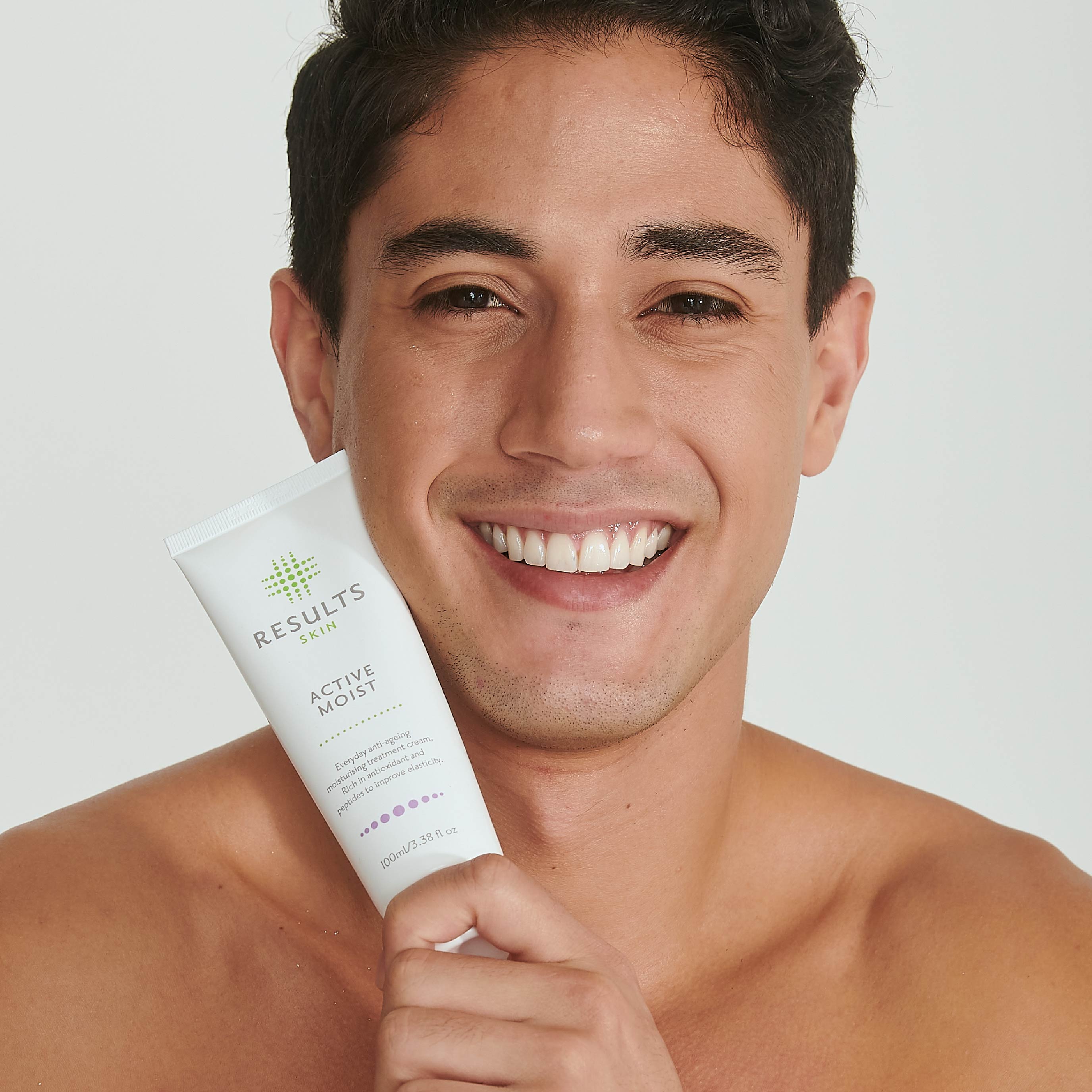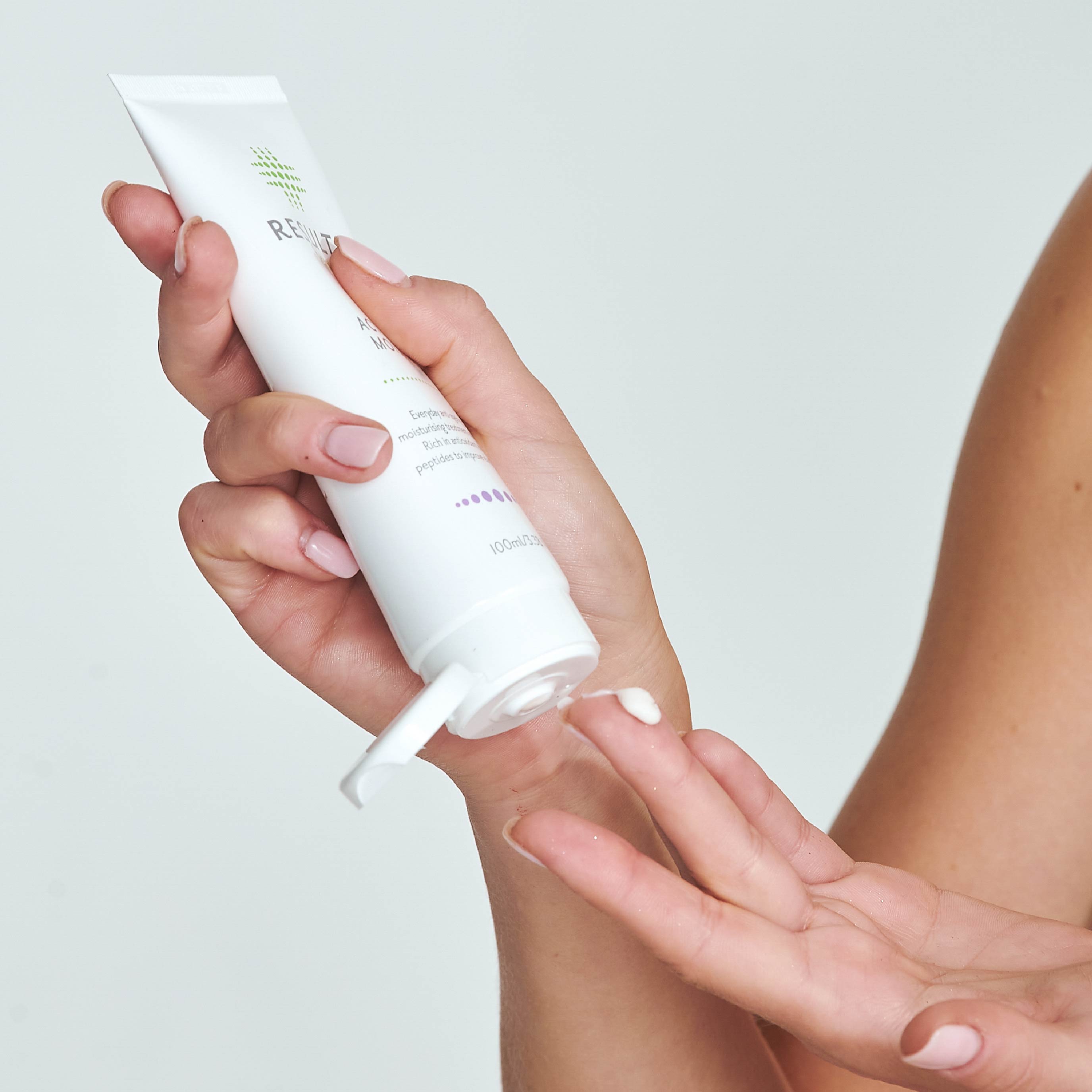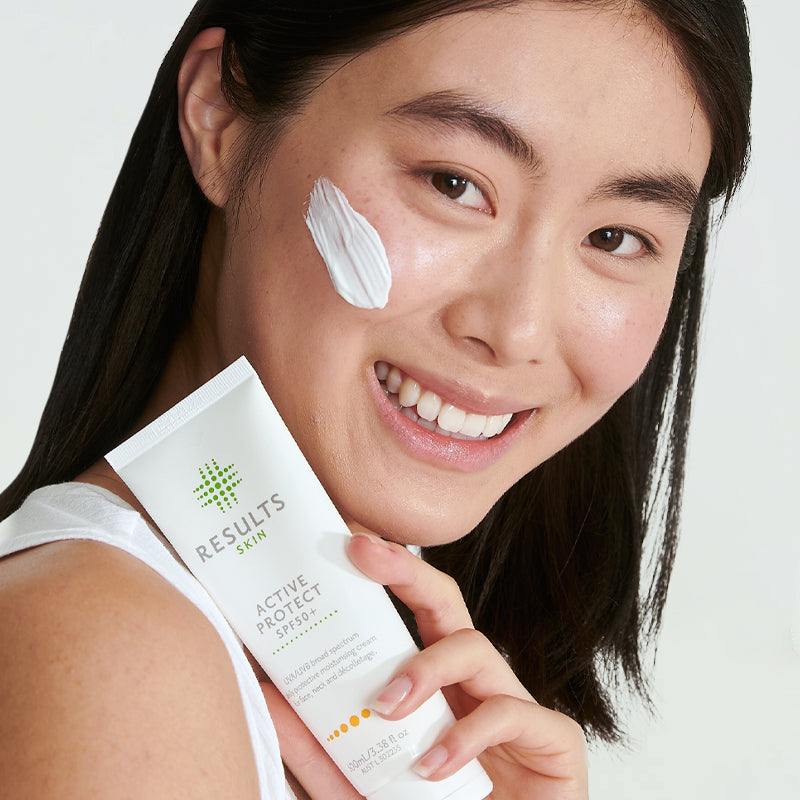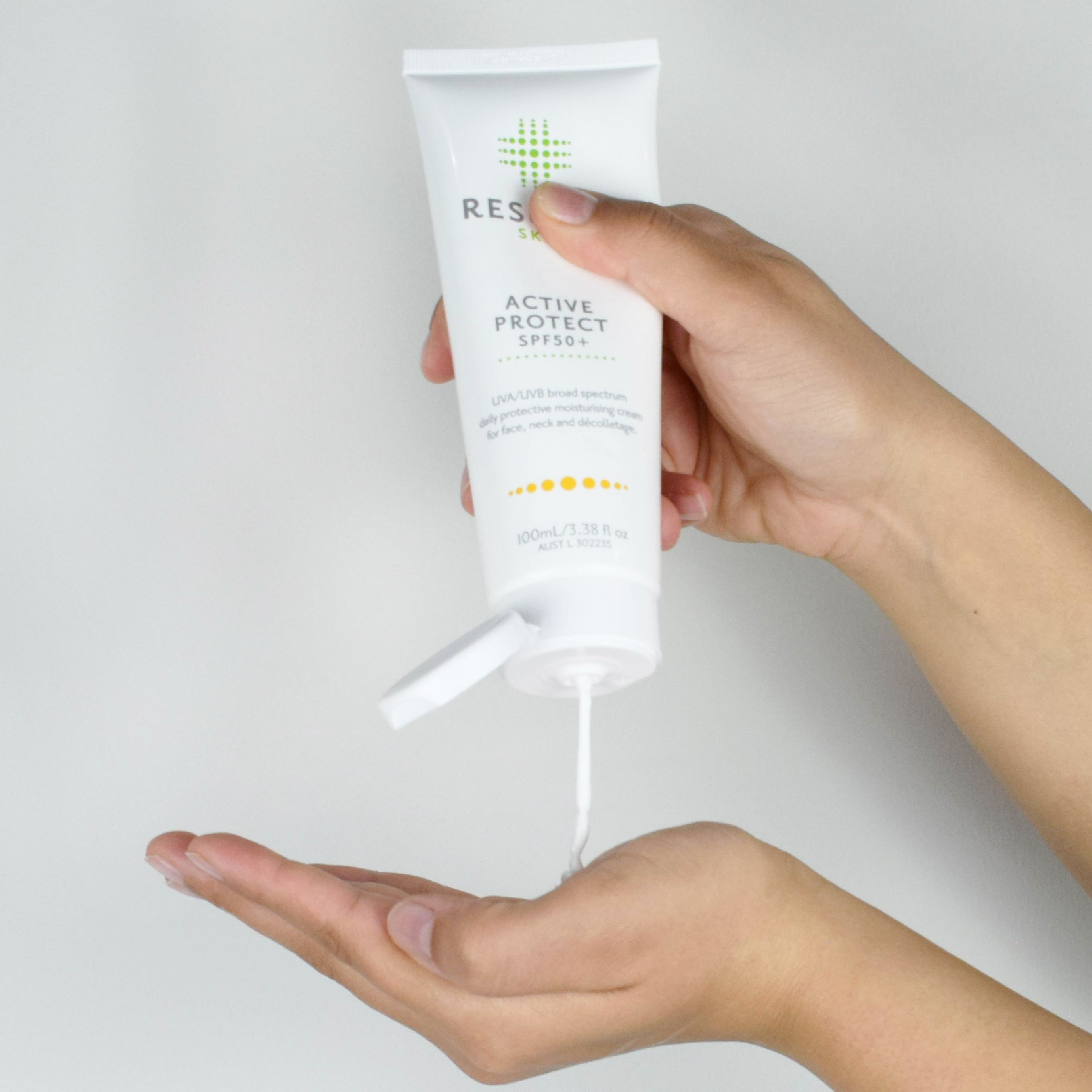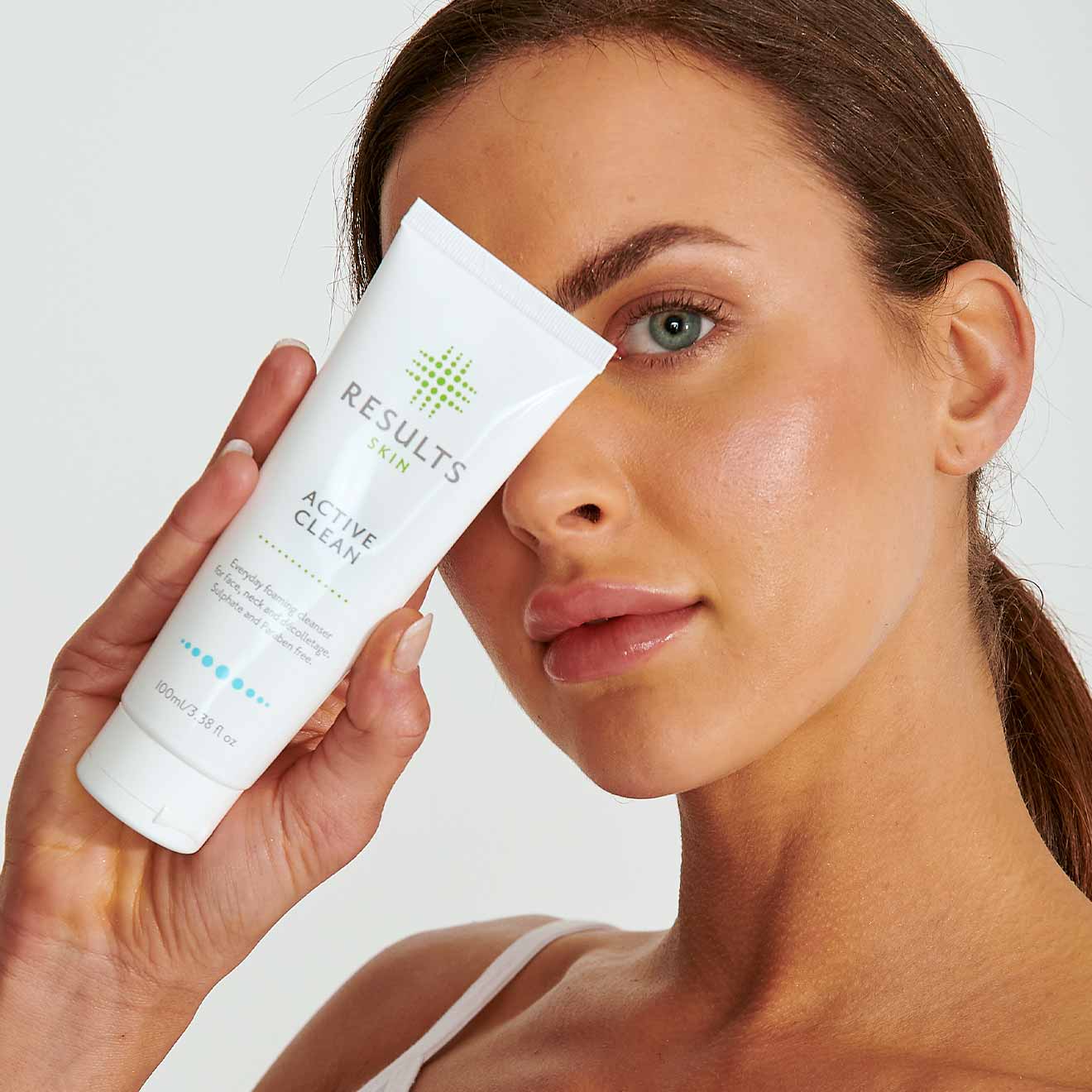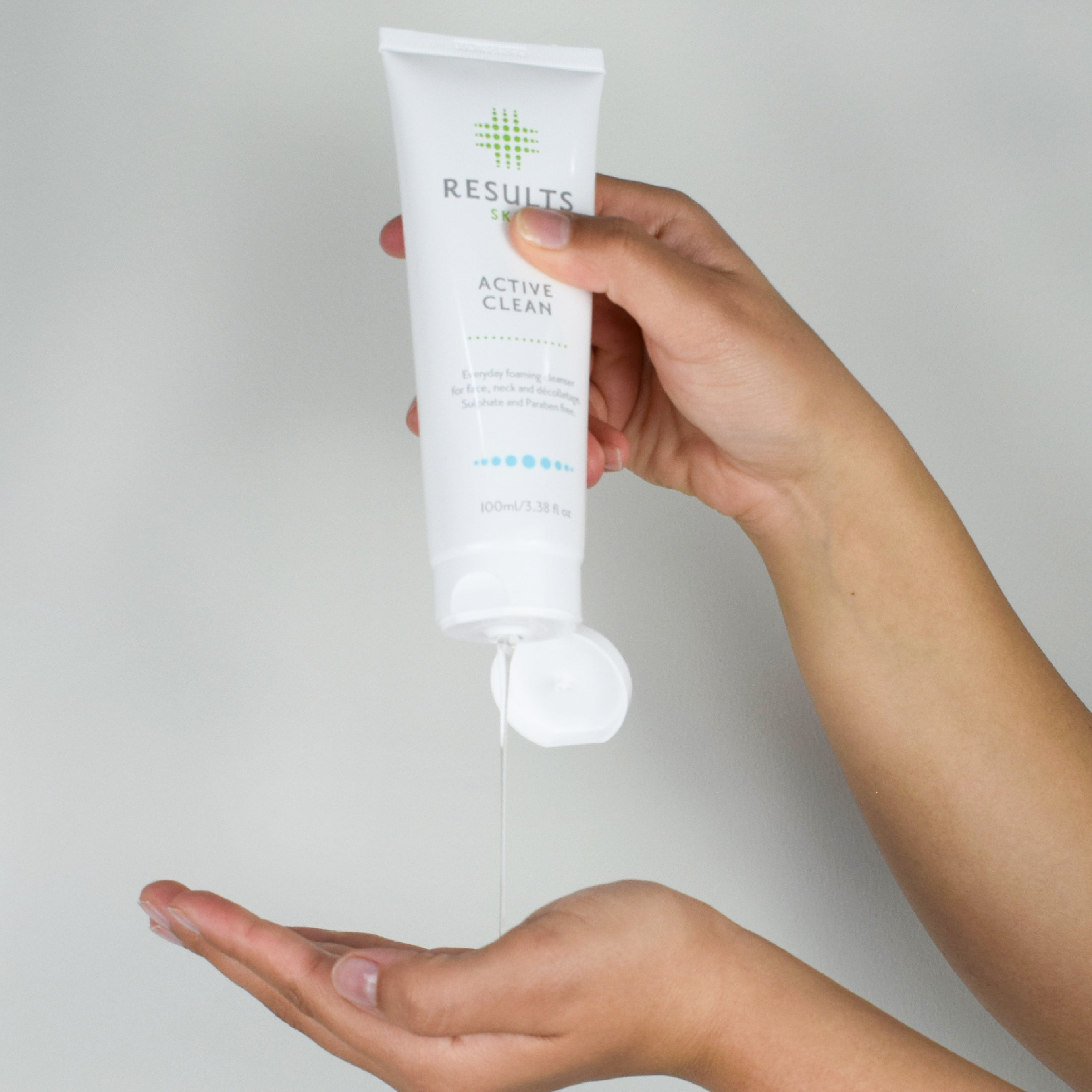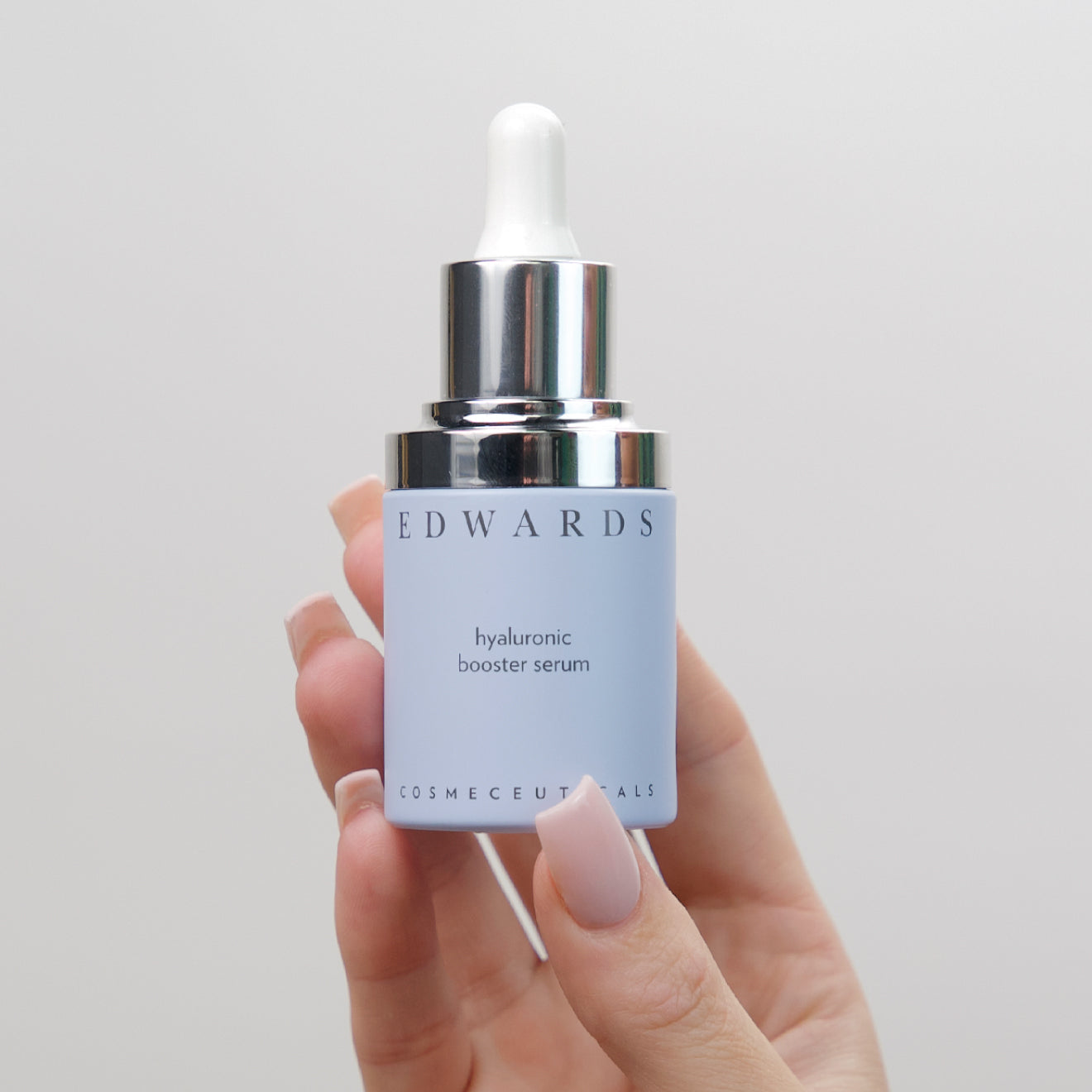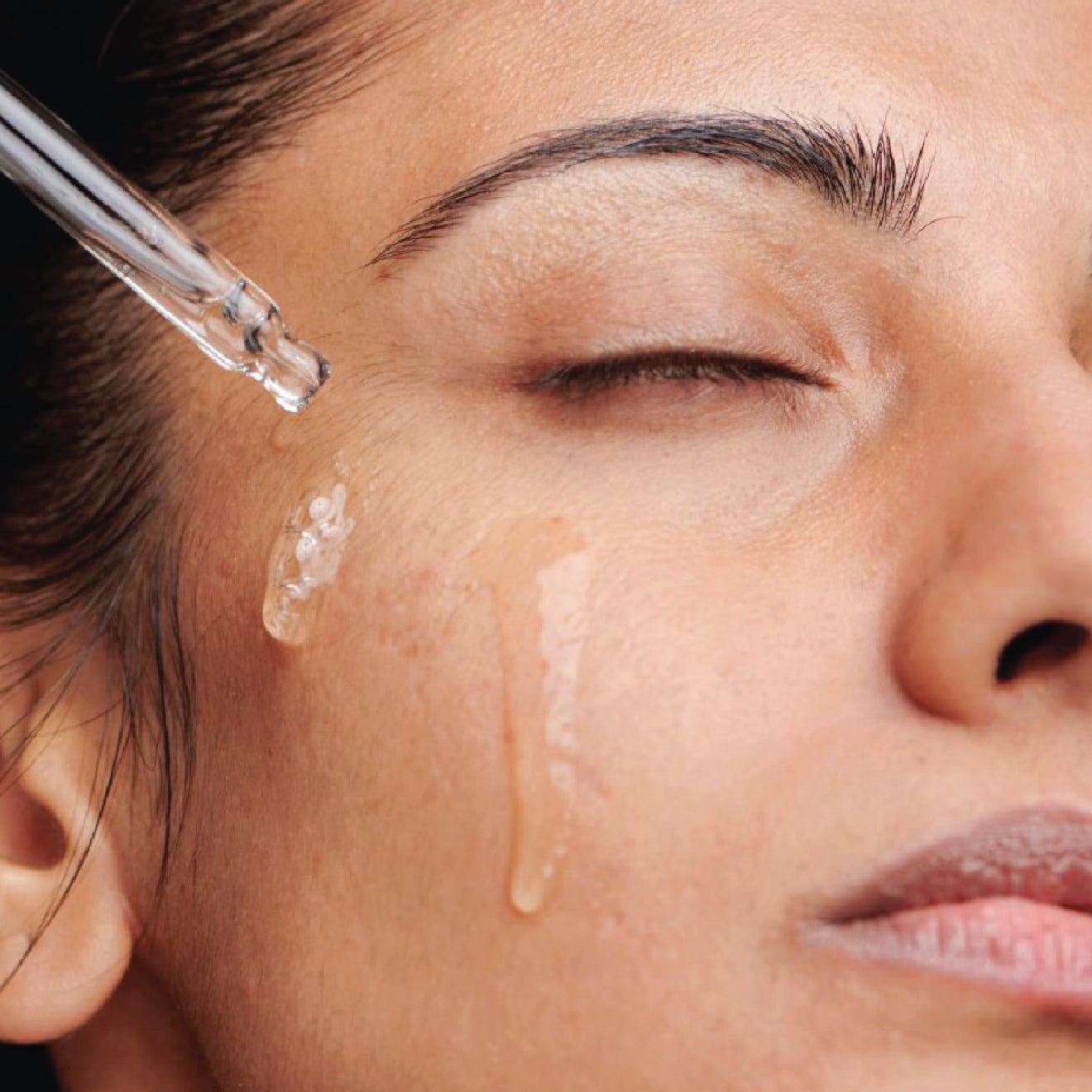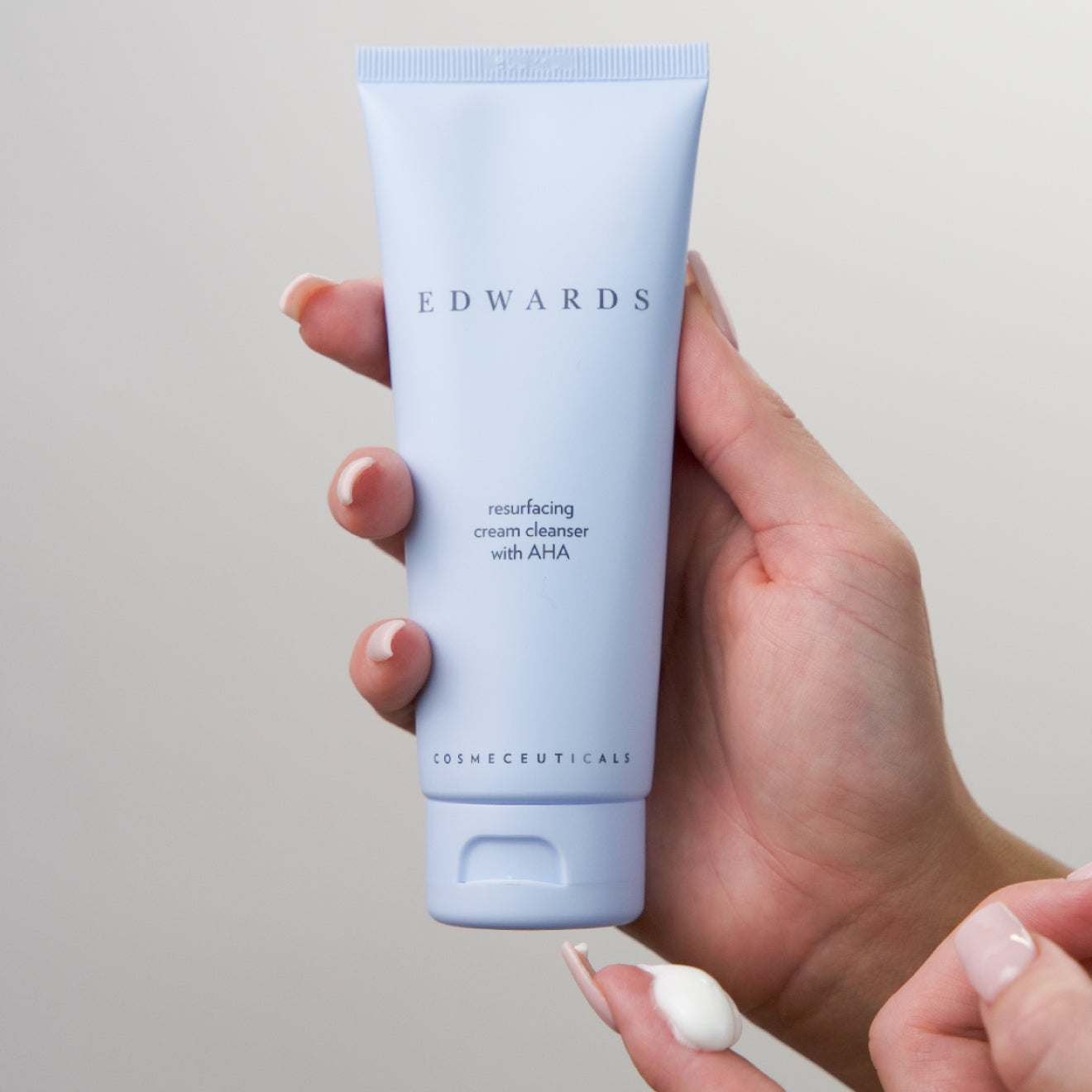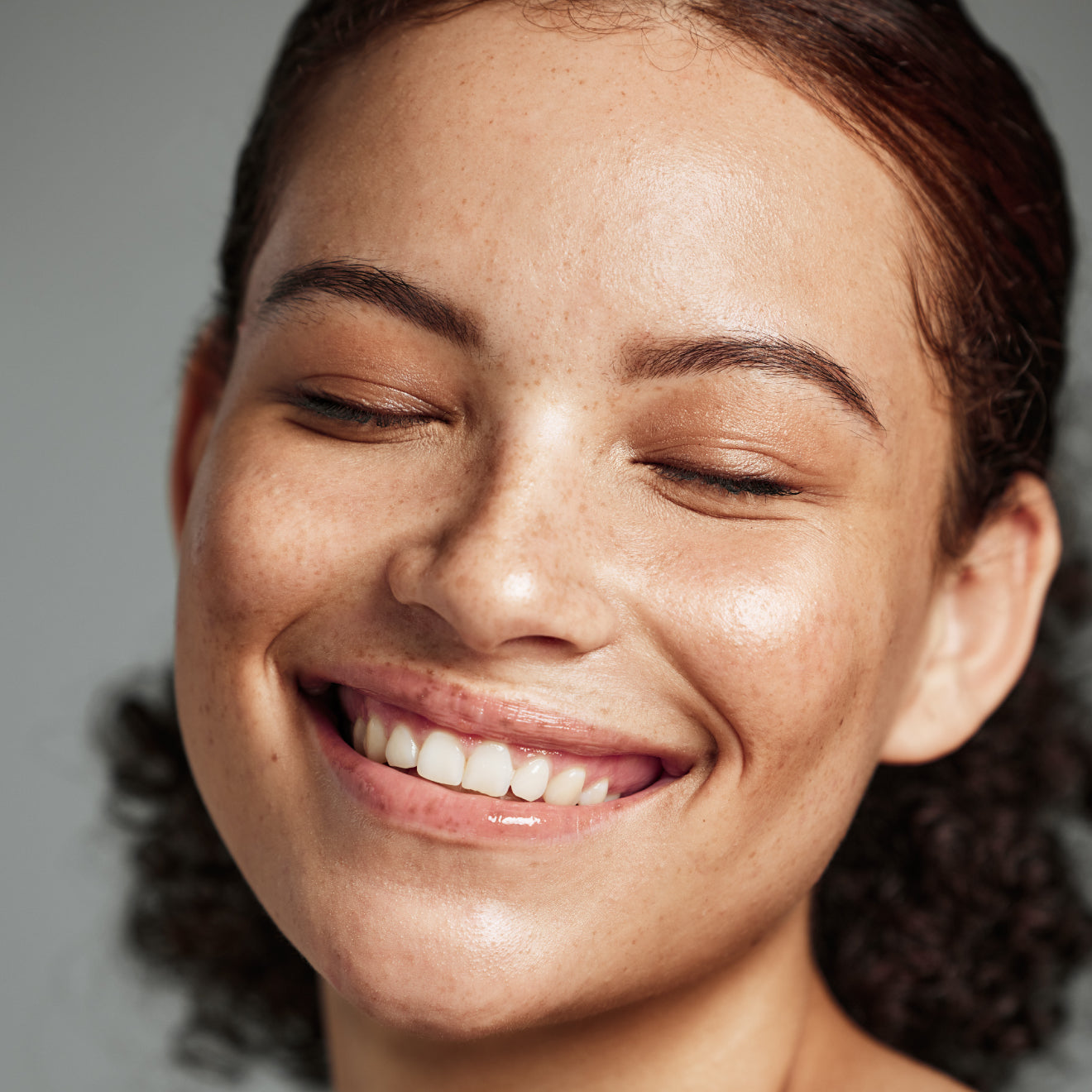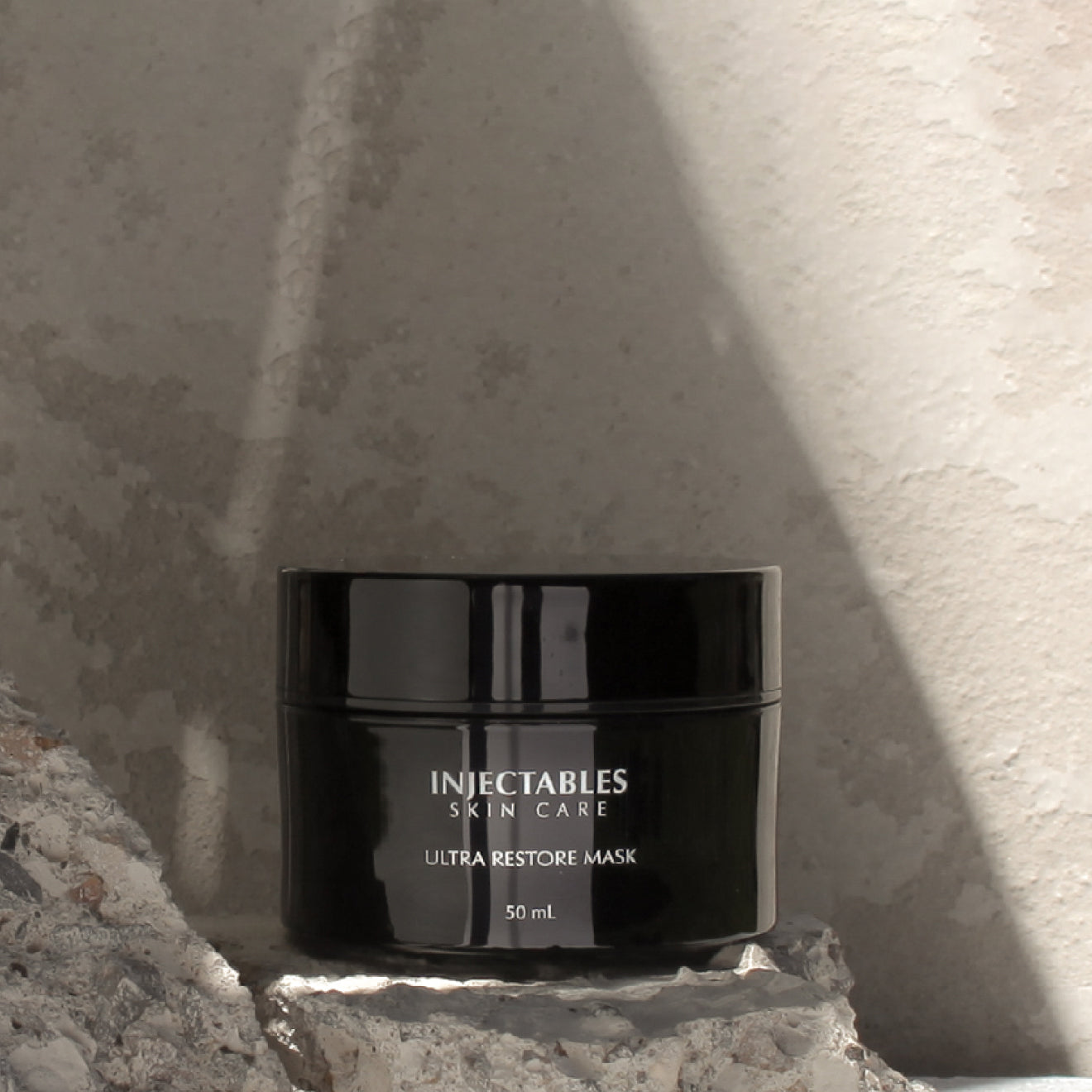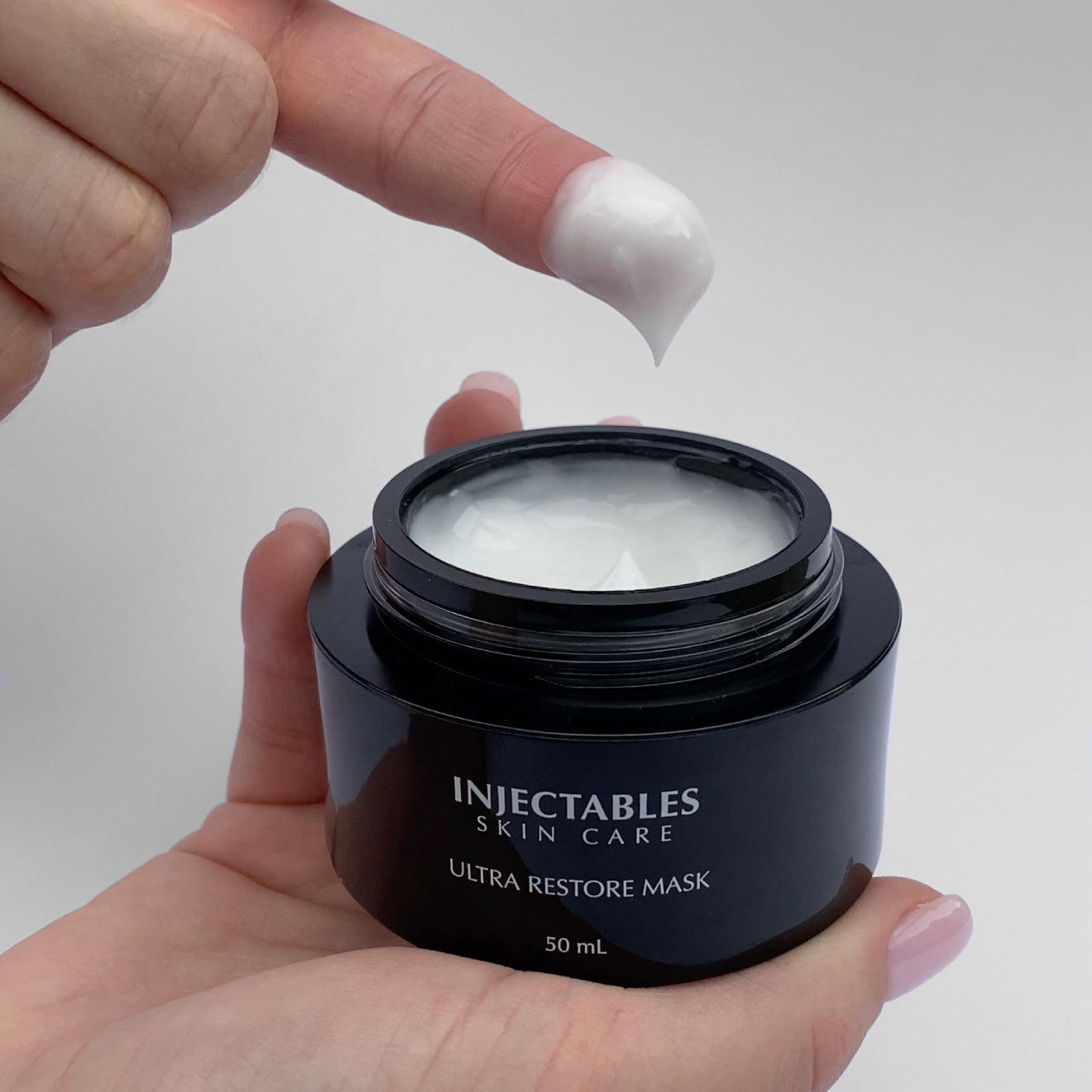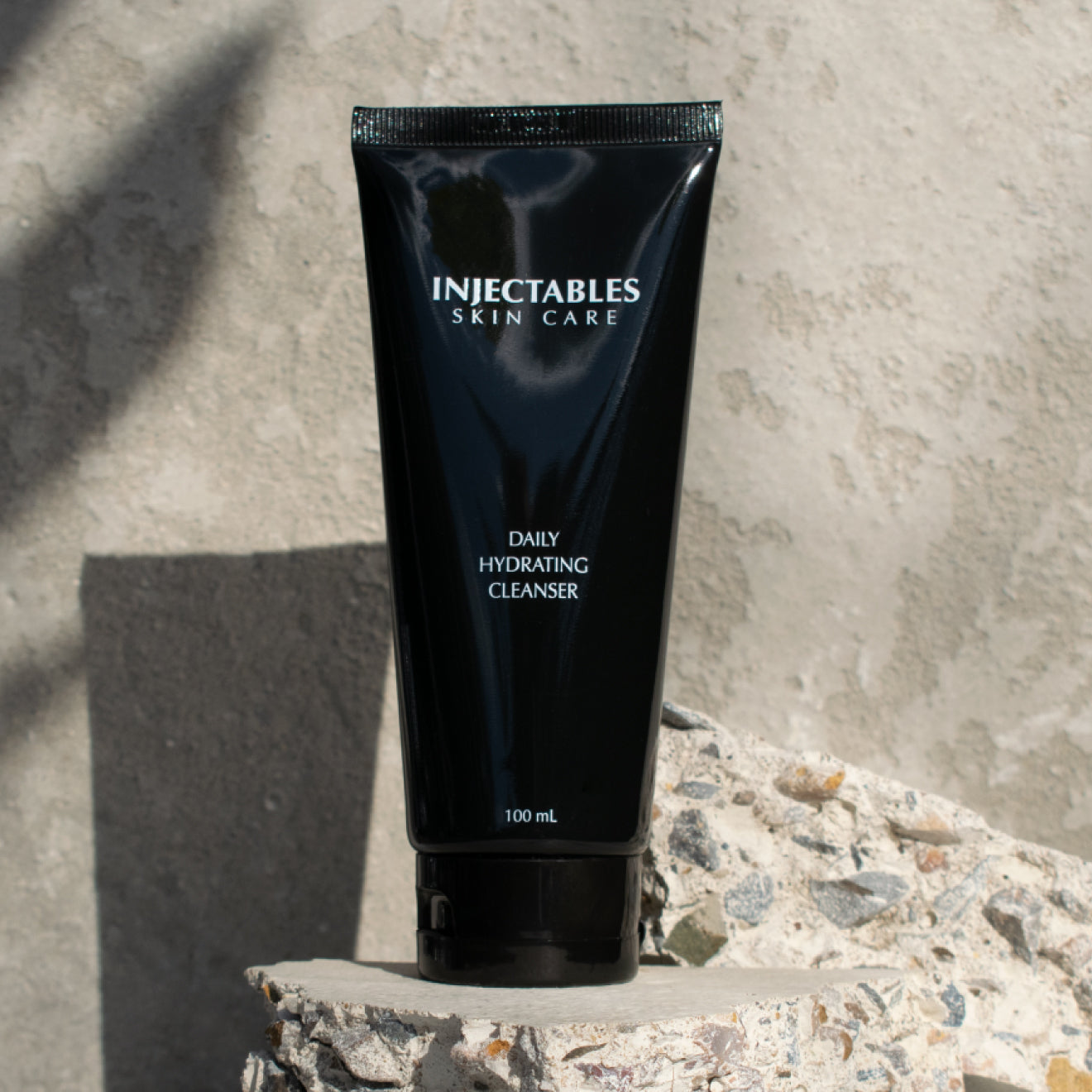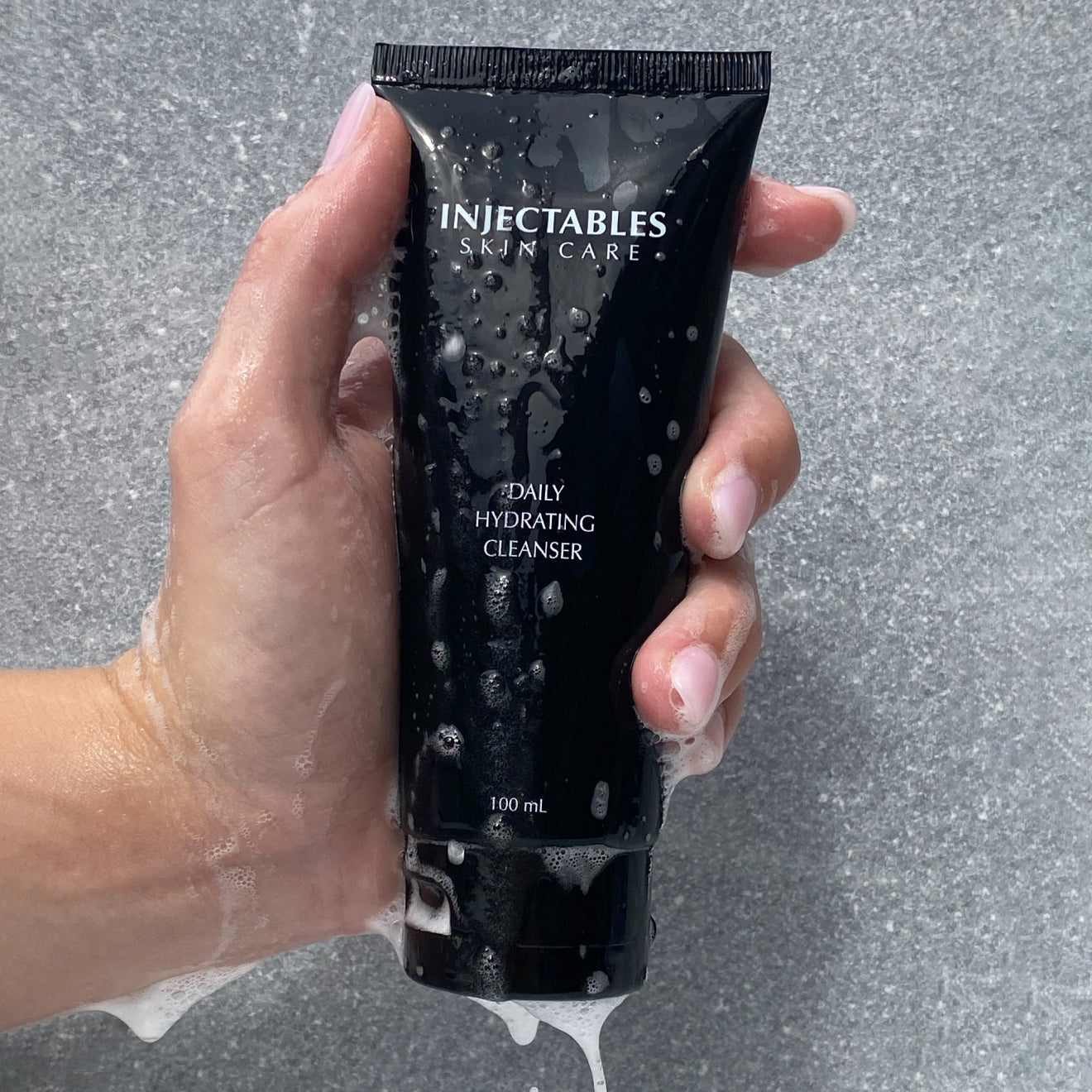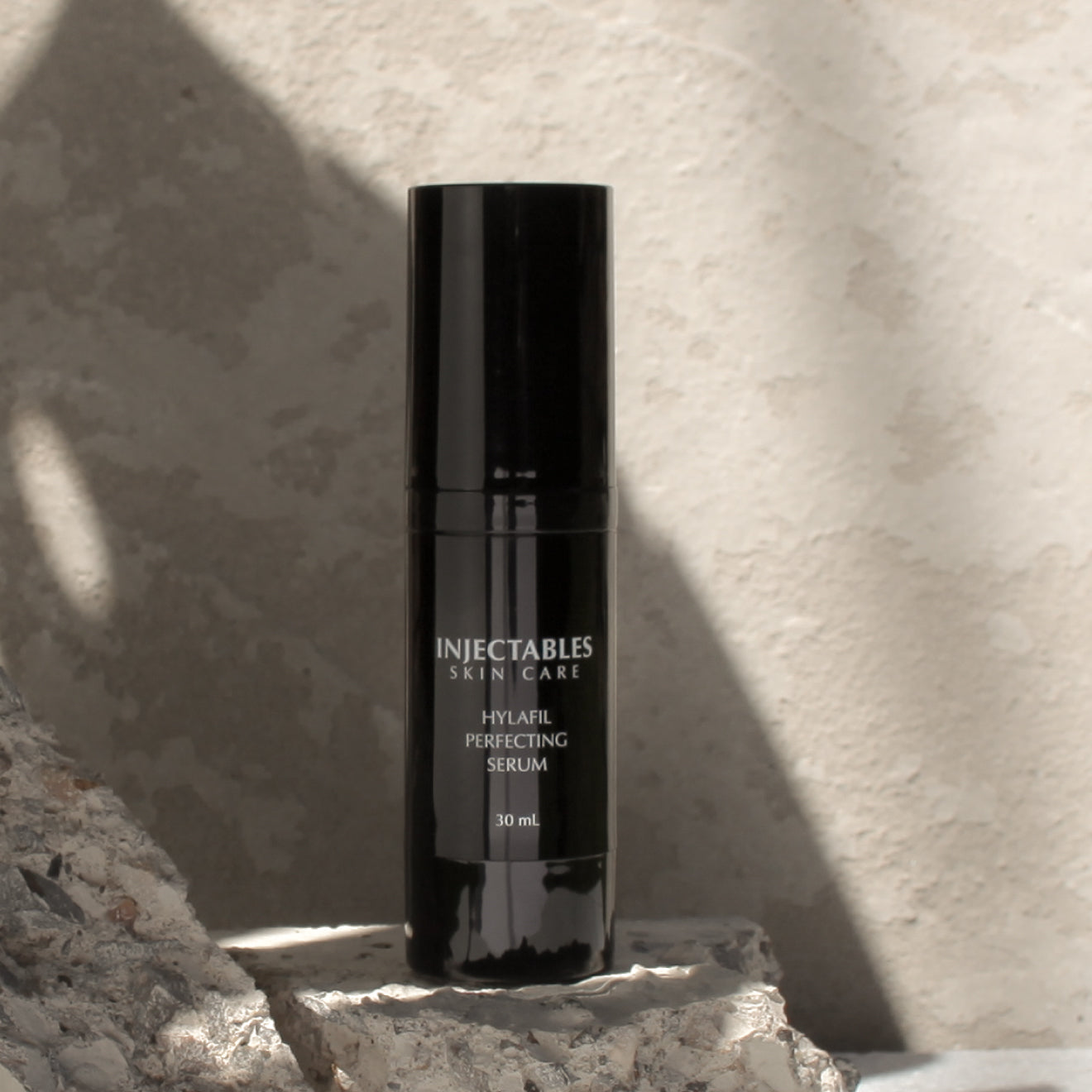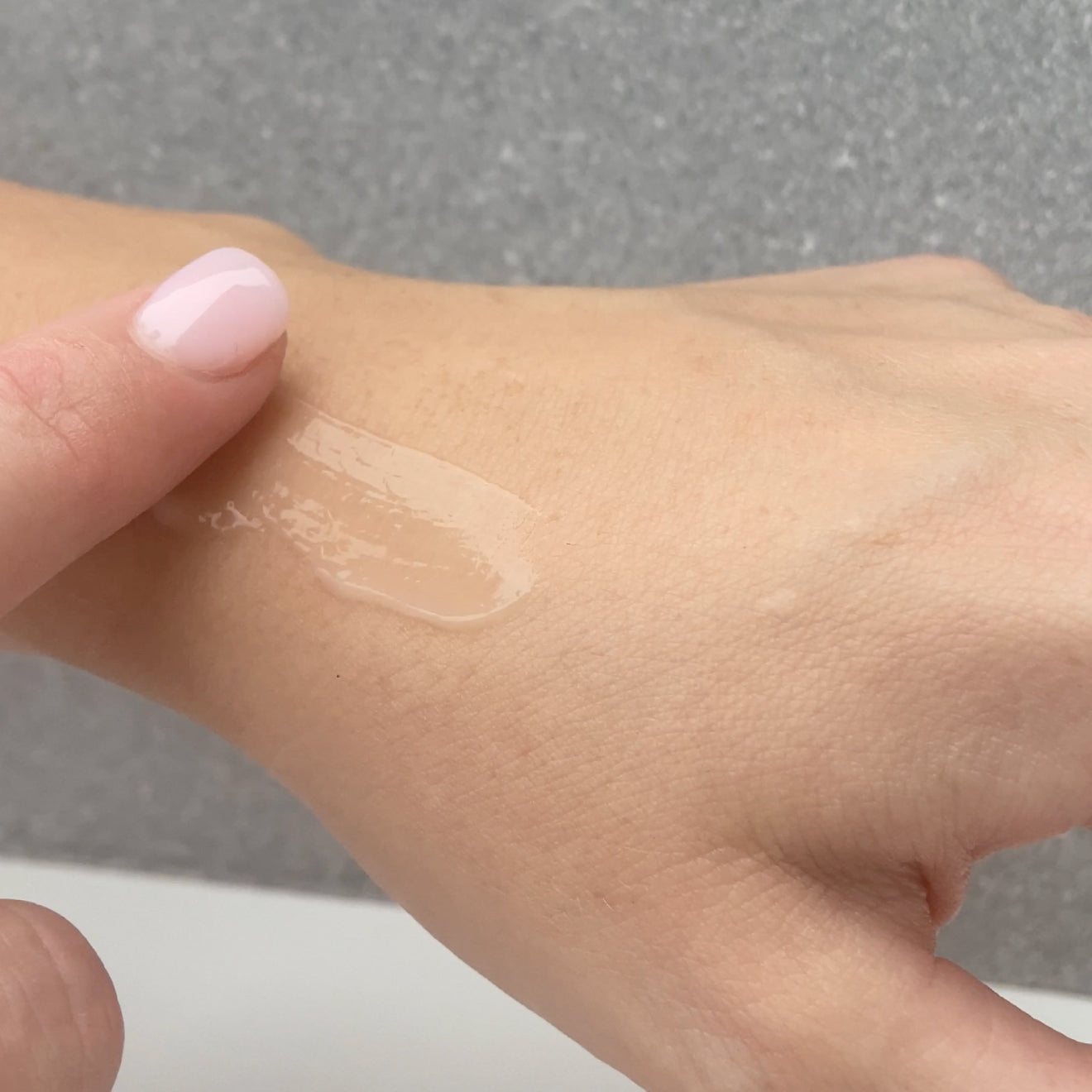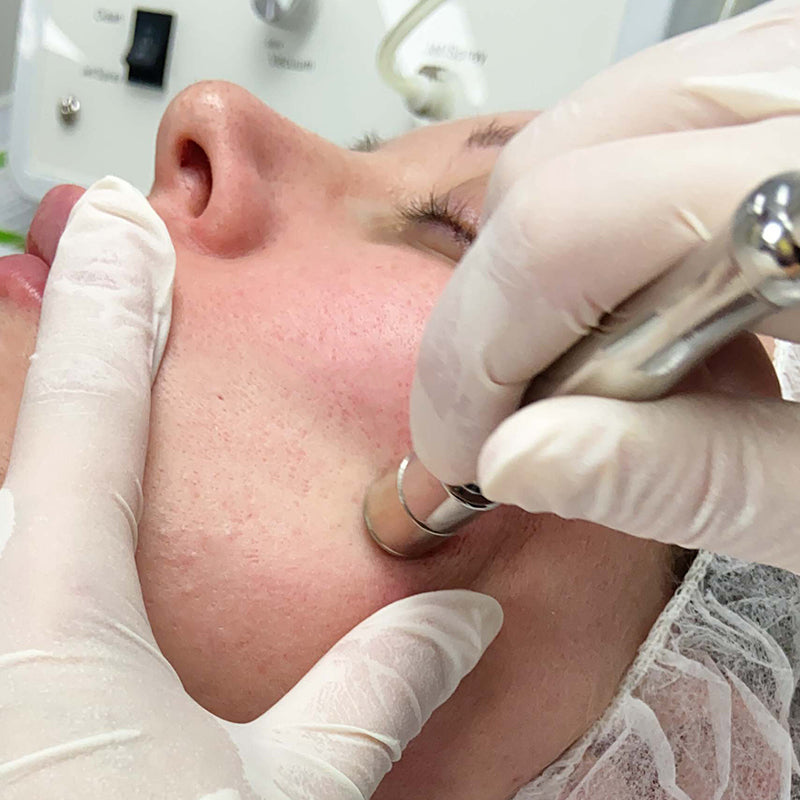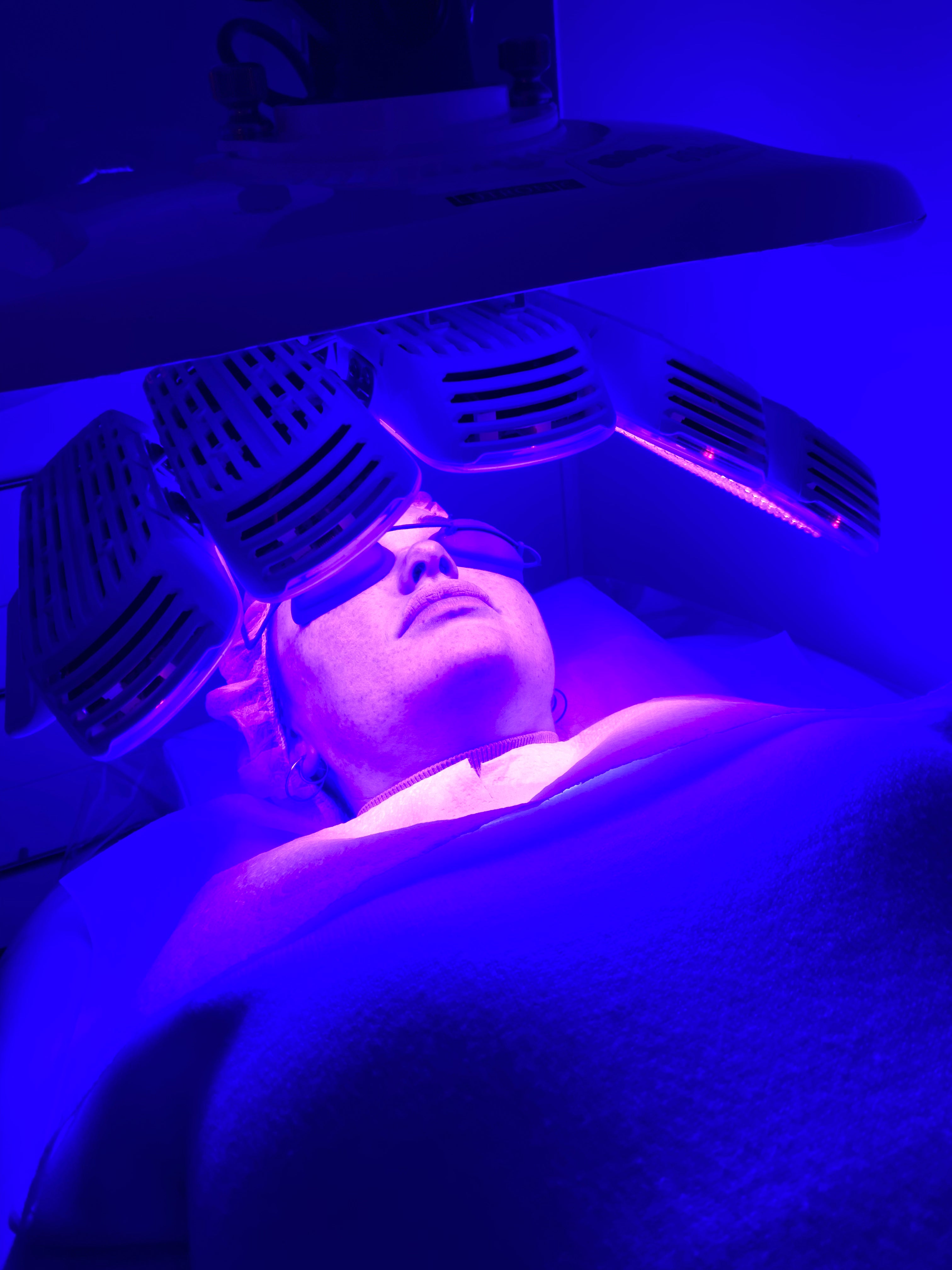Hydration that Sinks into Your Skin: Dehydrated Skin Range
When it comes to dehydrated skin, this is treated in the Summer. However, did you know that this type of skin condition is more common than you think? This occurs when your skin lacks water, which is why a replenishing routine is key. Providing the hydration that quenches your skin's thirst.
Explore our hydrating skincare below:
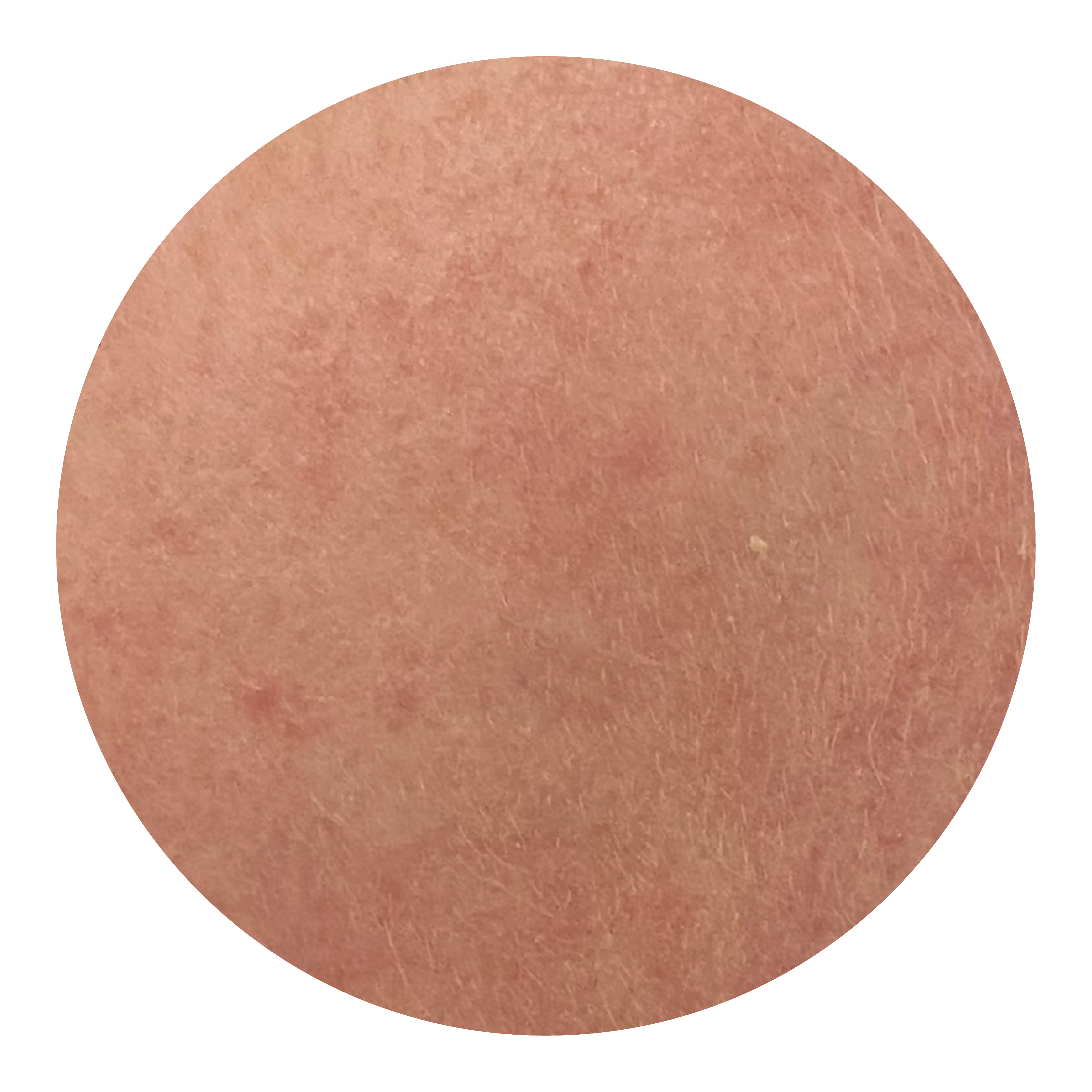
Spot the Early to Mature Signs of Skin Dehydration
Is your skin feeling more sensitive lately? Or even dull, rough or tough? The truth is, all of these signs point to skin dehydration. All acting as a critical component of when your skin is lacking water.
Which is why taking action for your skin is so important. By doing so, you're preventing rough skin that makes your daily makeup and skin care routine more challenging.
Dehydrated Skin vs Dry Skin
A common misconception is that dry and dehydrated skin are the same. Although these have similar signs, they have two completely different causes. By determining the root cause of your skin type, you'll be able to treat this more accurately.
See the skin breakdown below:
- Dehydrated Skin: Caused by a lack of water. It can affect any skin type, like oily or combination skin. It often shows up as dullness, fine lines, or tightness.
- Dry Skin: Unlike dehydrated skin, this is a type that is often genetic. It happens when the body makes less natural oil. This can lead to flakiness, a rough texture, and sensitivity.
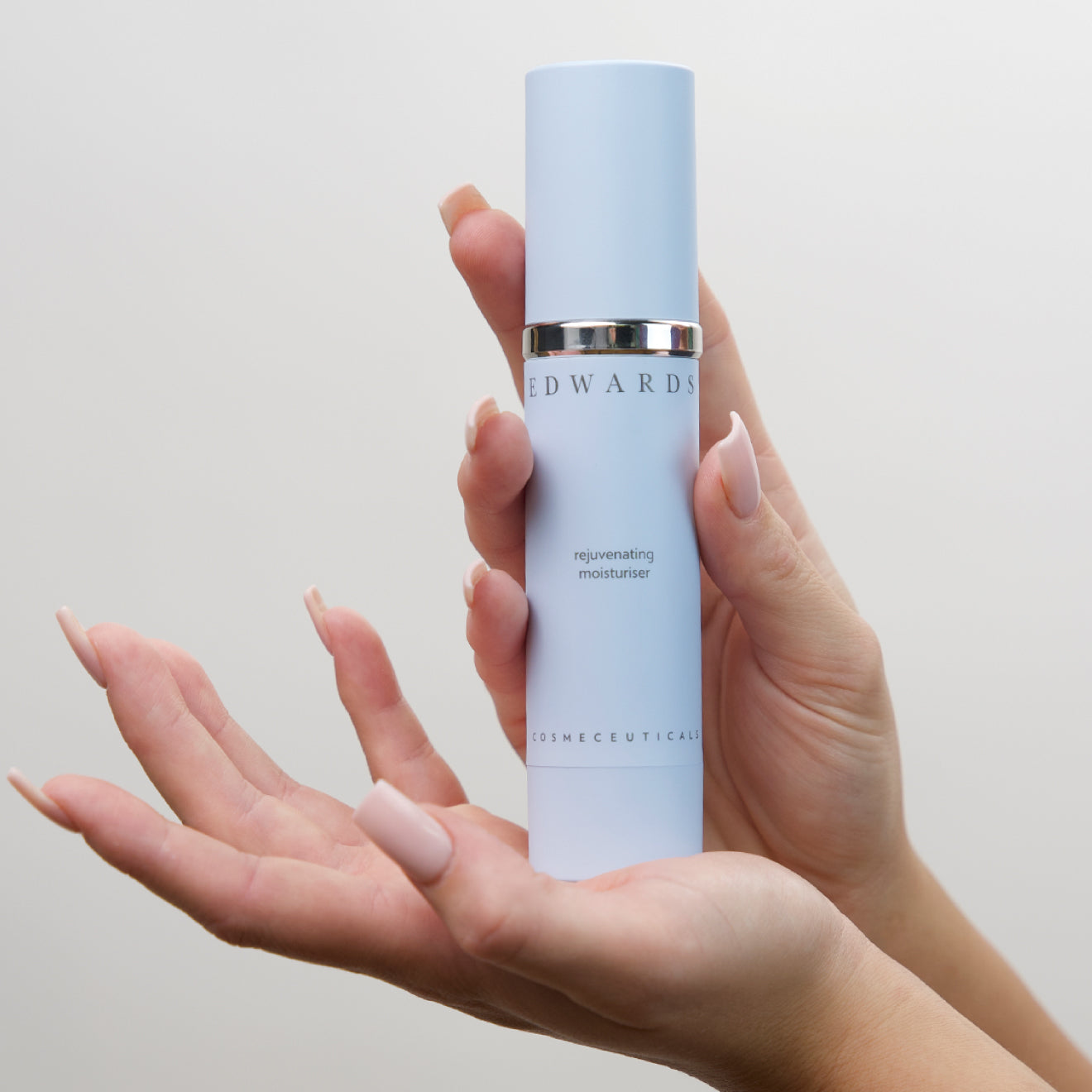
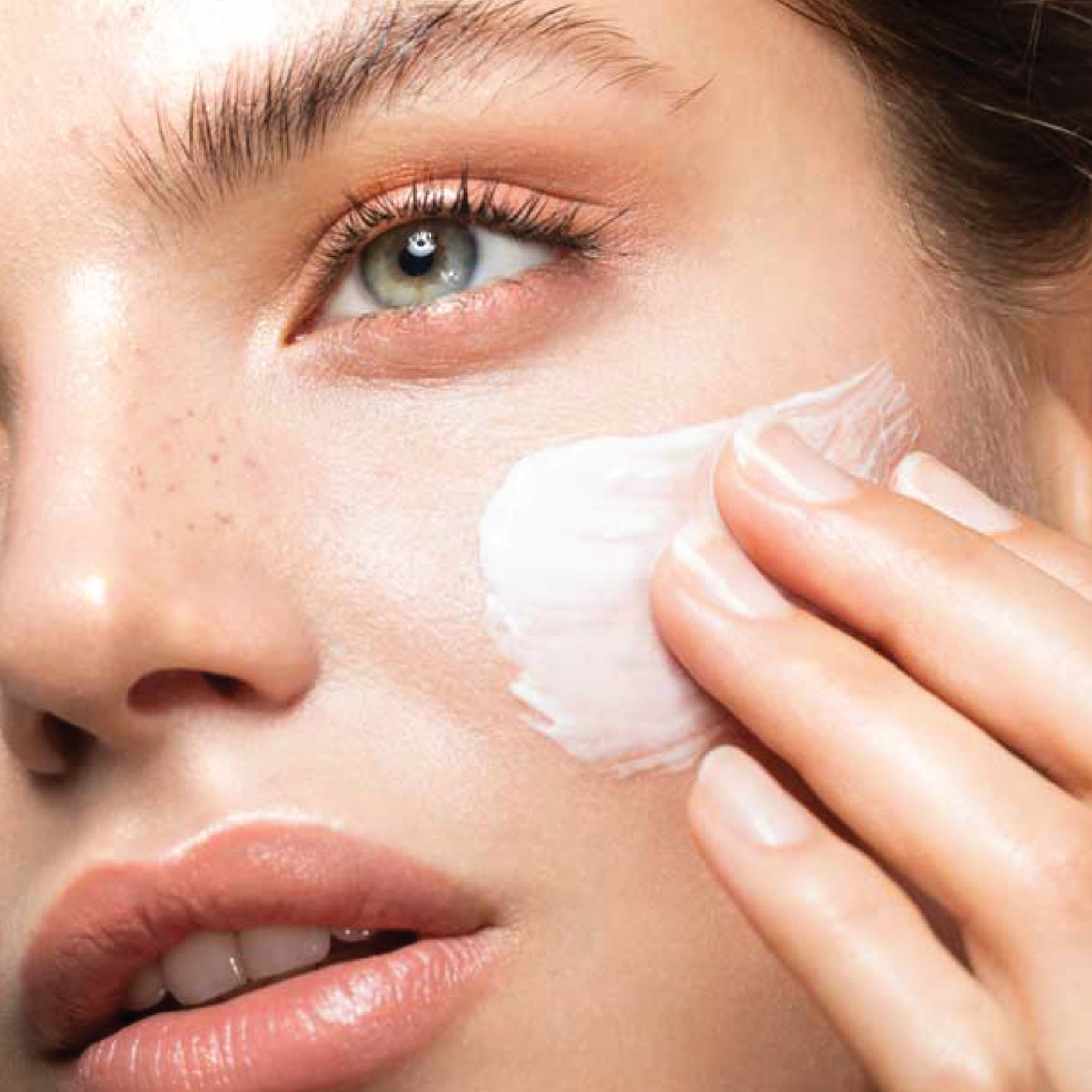
Rejuvenating Moisturiser
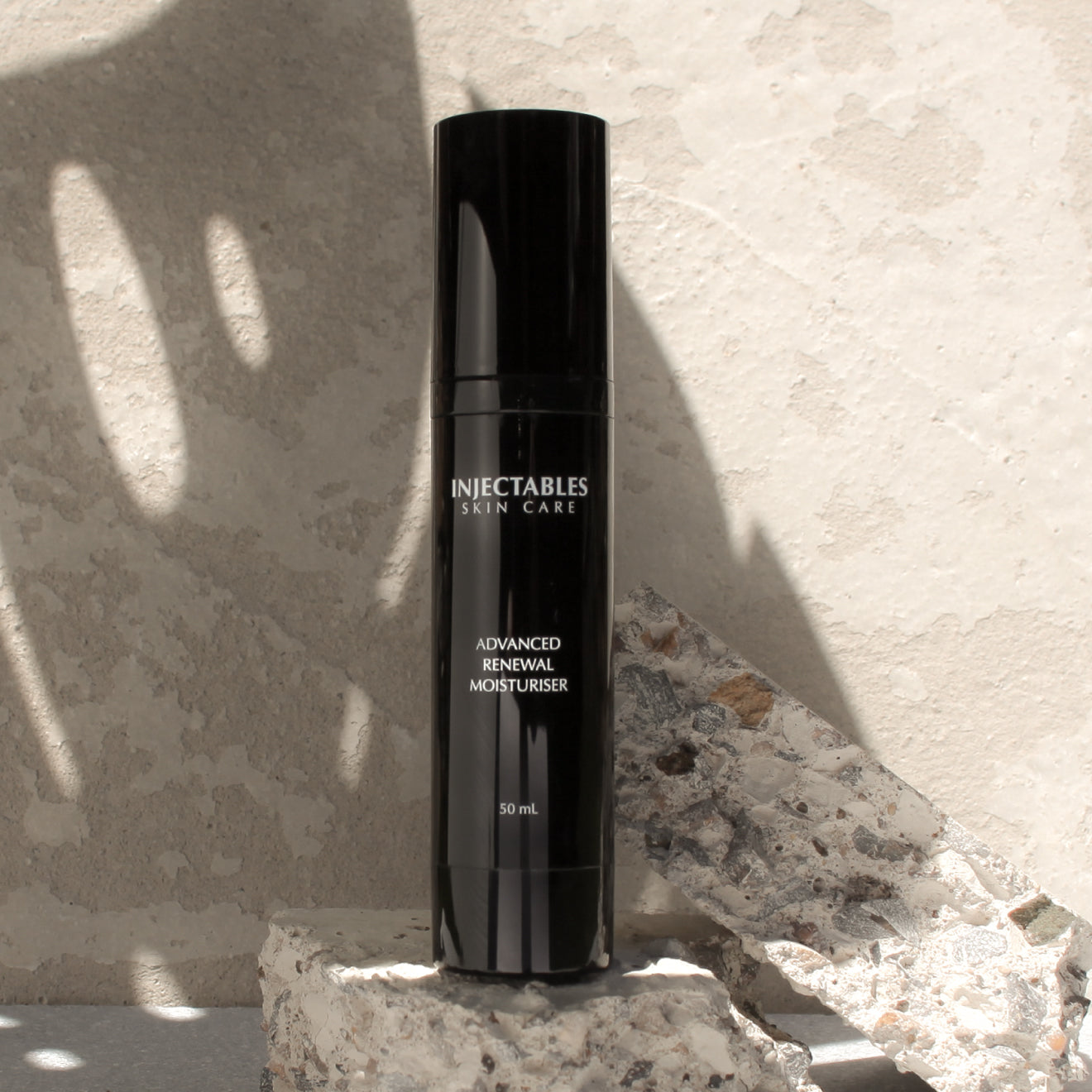
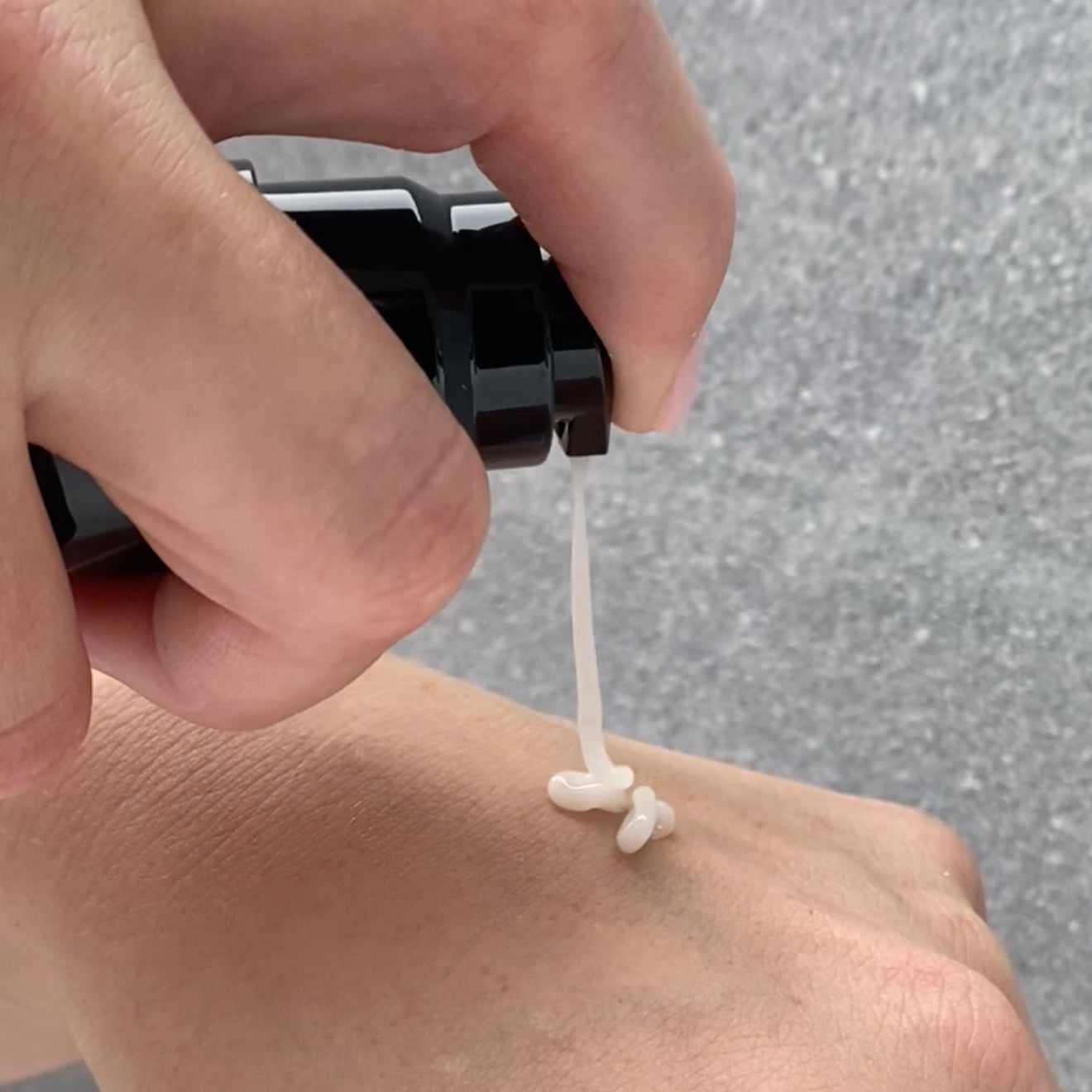
Advanced Renewal Moisturiser
What's Behind Dehydration and the Skin Issues It Causes
When it comes to skin dehydration, there are many factors behind this to consider. These can range from your environment, the weather (seasonal shifts,) a poor skincare routine, to your current medical history. By taking a close look at all of these, you can manage the issue of dehydrated skin.
See what contributes to dehydration below:
Air Conditioning: Too much air conditioning or heating pulls moisture from your skin.
Your Hygiene Routine: Excessive hot showers, baths, or heated environments like saunas can strip your skin of its oils.
Your Water Intake: A woman is recommended to drink 2.7 litres, and men 3.7 litres of water. If this is below, it can cause skin dehydration.
Skin Exfoliation: Removing dead skin too harshly through the wrong products, or too frequently can weaken your skin's barrier.
Medication: Certain medications can make your skin more prone to dehydration. This includes but isn't limited to Isotretinoin and Retinoids.
*If you're currently taking prescription medications, we advise that you consult with your health practitioner regarding this.
The Active Ingredients That Hydrate Your Skin
Through adding the right skin care ingredients into your routine, this helps to prevent the level of moisture loss within the skin.
See the ingredients that deliver results:
- Niacinamide: This star ingredient is known to improve the skin's barrier function, reduces water loss, and soothes sensitivity. The rejuvenating moisturiser with niacinamide contains Vitamin B3 to help retain the skin's water content. Which can improve the appearance of a hydrated skin complexion.
- Hyaluronic Acid: The ingredient holds up to 1000x its weight in water, which then plumps and softens the skin. For some of the best skin care with hyaluronic acid, see the hyaluronic booster serum. Through this hydrating ingredient, it provides intensive nourishment for skin smoothness.
- Glycerin: This humectant plays a key role in helping ensure that your skin holds water. The Active Clean Cleanser contains this ingredient to provide thorough yet hydrating cleansing. This helps you build a strong skin barrier to fight off impurities.
*Niacinamide, hyaluronic acid, and glycerin work together to hydrate and strengthen your skin. They lock in moisture, smooth the skin, and smooth texture to brighten the complexion.
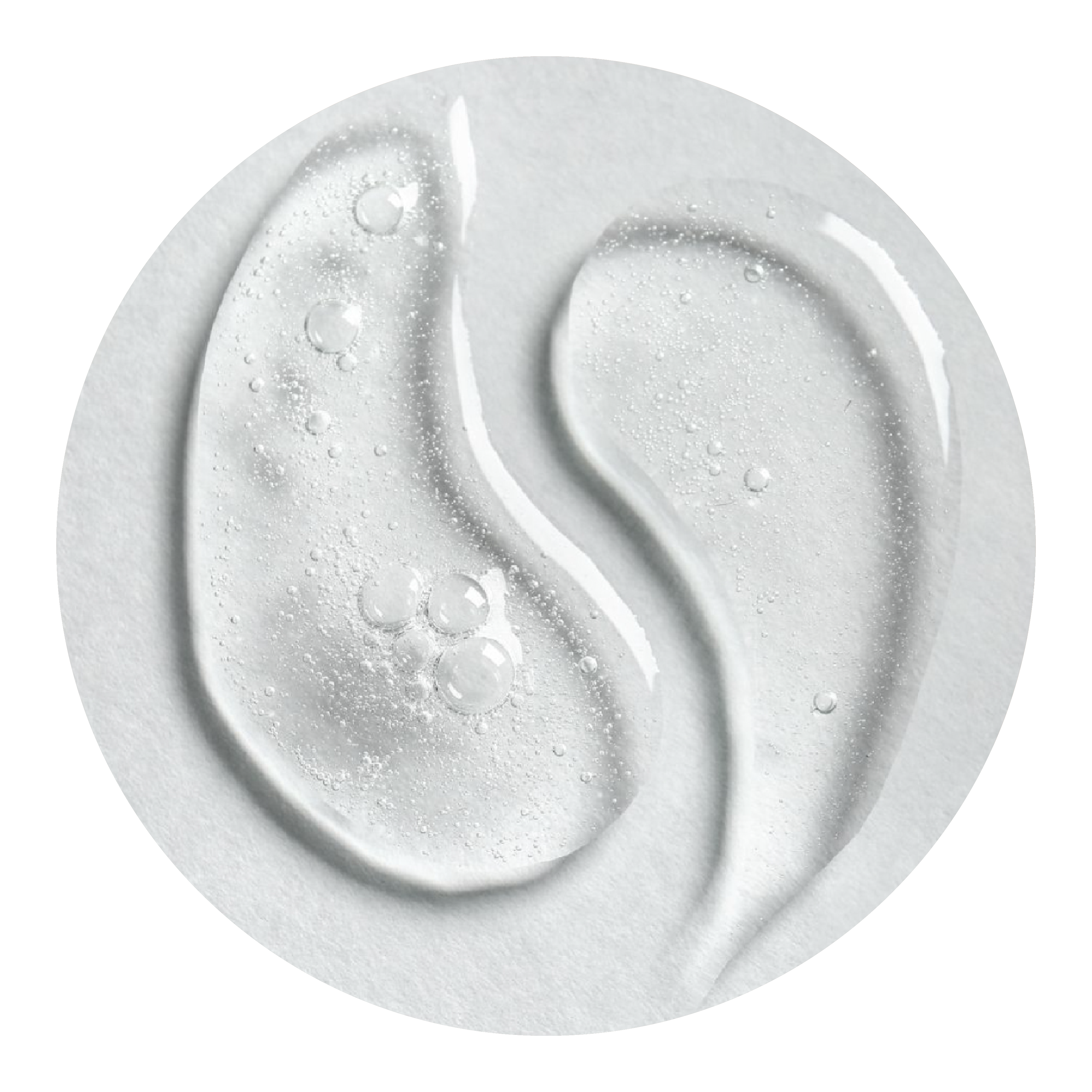
How To: Hydrate Your Skin Through Routine Skincare
Looking to minimise the appearance of dehydration? By finding the right skin care products for your routine, this provides more hydrated skin.
See the steps to skin hydration:
- Cream Cleanser (Daily): To effectively remove makeup, dirt and other surface level impurities this is an important step. The resurfacing cream cleanser addresses rough skin by providing added hydration.
- Gel Cleanser (Daily): Begin by gently cleansing your skin to not exacerbate the dehydration. The Daily Hydrating Cleanser is formulated with hydrating ingredients such as Aloe Vera extract. This works to gently remove makeup and other impurities without stripping natural moisture.
- Hydrating Serum: To administer a high amount of active ingredients to your skin, serums are a key step. The Hylafil Perfecting Serum contains X -50 Hyalufiller, minimising the appearance of ageing by boosting hyaluronic acid and elasticity.
- Skin Moisturiser: Providing potent hydration that strengthens the skin's barrier, this nourishes to restore your complexion. The Active Moist features key ingredients, such as cucumber extract to calm redness through skin soothing qualities.
- Hydrating Mask: For dehydrated skin, intensive overnight hydration can be beneficial. The ultra restore mask contains shea butter, providing anti-aging properties such as preventing fine lines and wrinkles.
- Sunscreen: Sun protection is necessary for every skin type. However, sun damage can also significantly worsen the skin's moisture barrier. The active protect SPF50+ provides the maximum UV protection available.
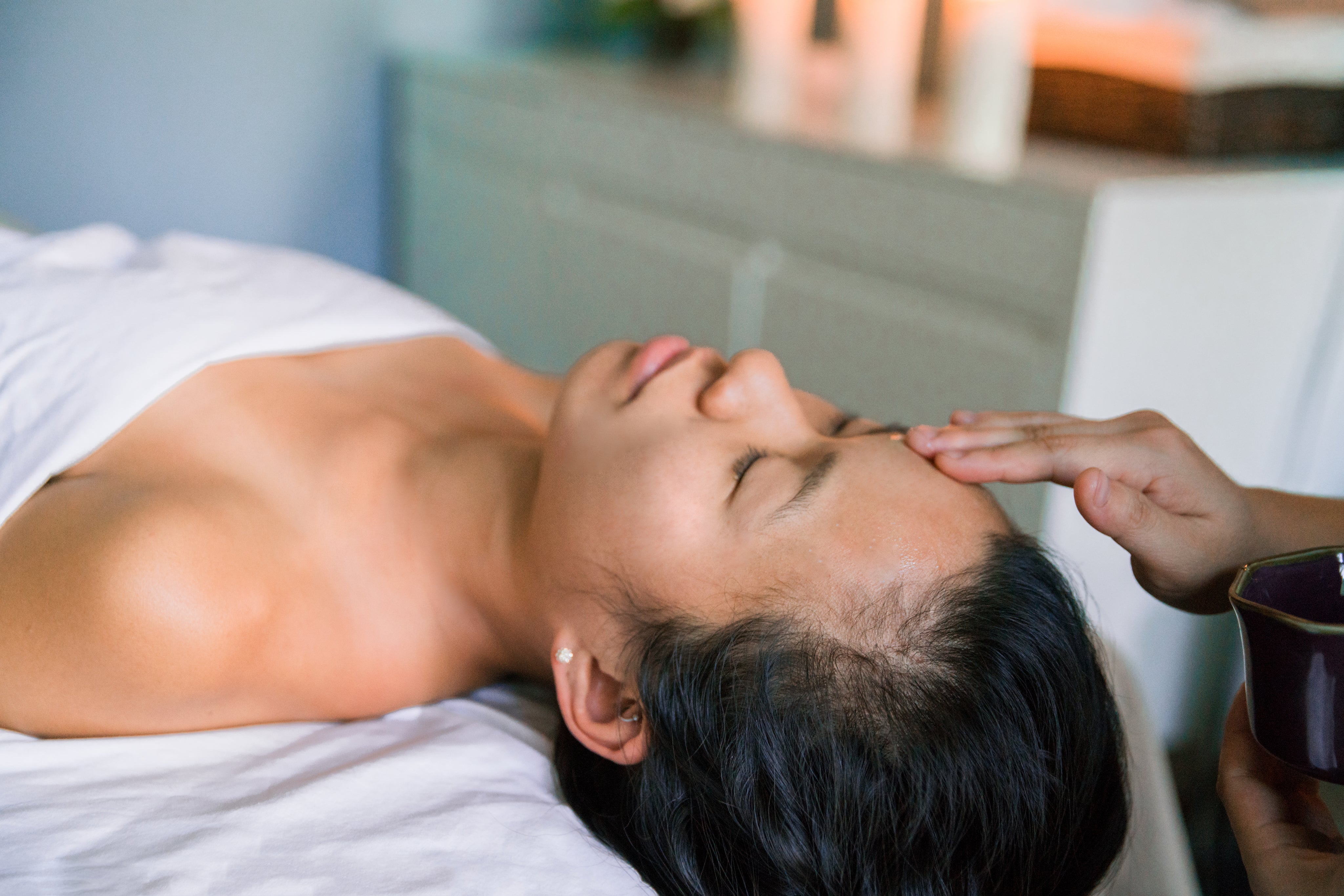
Help Skin Health Through Hydration: Browse Our Range
Replenish and protect your skin with our hydrating skincare range. Our selection of products provide moisture, leaving your skin smooth and radiant. When it comes to your skin's moisture barrier, these products are formulated to address this.
Browse our hydrating skincare collection today!
Types of Dehydrated Skin
Dehydrated skin can appear in different ways. Surface dehydration causes tightness and flakiness because the skin's barrier is damaged. Deep dehydration makes the skin look dull and shows fine lines from water loss in deeper layers.
Oily-dehydrated skin feels greasy but lacks water, often leading to breakouts. Sensitive-dehydrated skin is red, irritated, and uncomfortable due to a weakened barrier.

